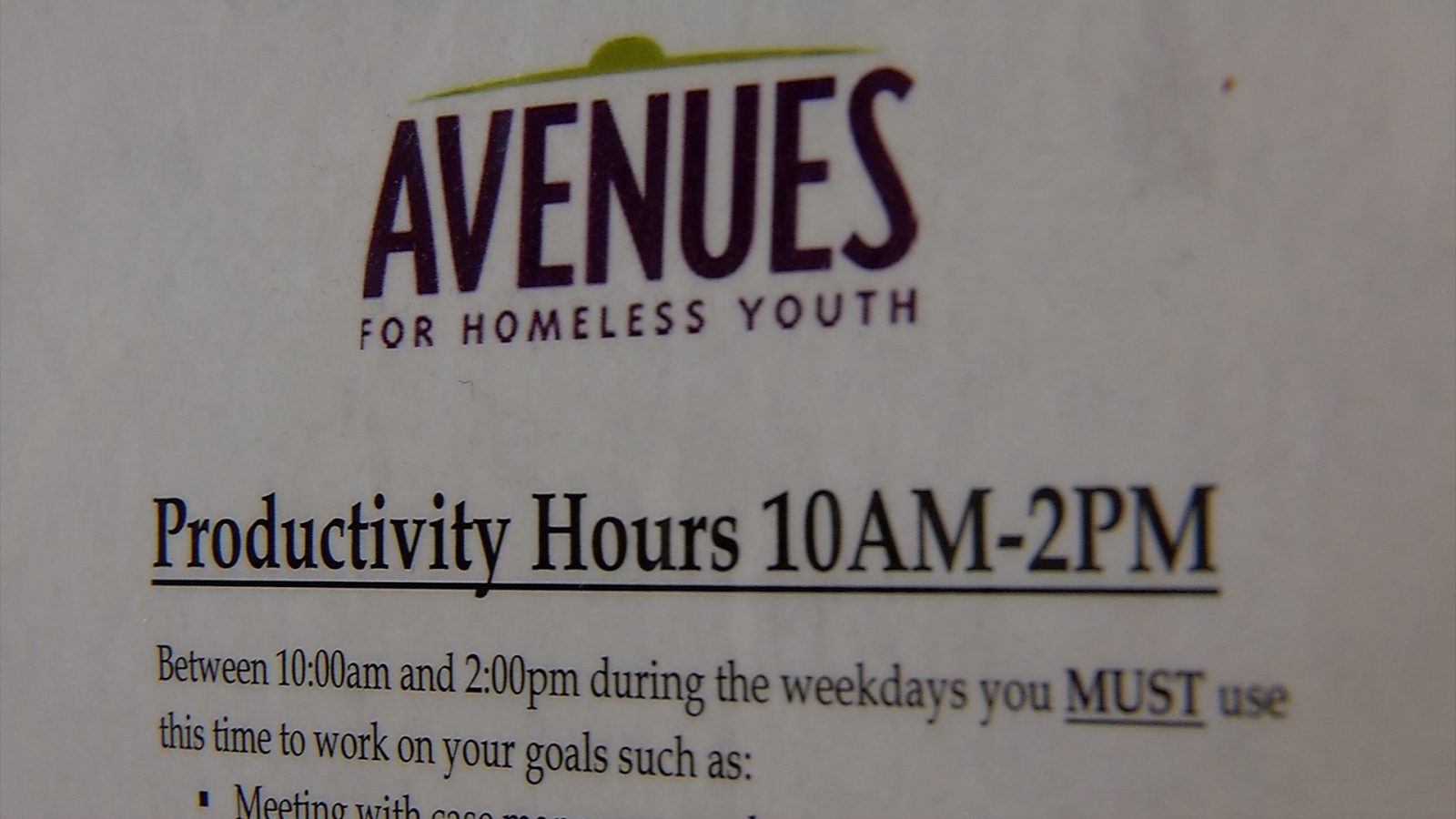Avenues for Youth Receives ARPA Funds To Help Homeless Youth
Inside its facilities in Brooklyn Park and north Minneapolis, Avenues for Youth staff help hundreds of young people ages 16 to 24 with temporary housing or placement into volunteer families’ homes for up to a year at a time.
“They have hopes and dreams just like all young people do, but they don’t have a place to live,” said Katherine Meerse, executive director for Avenues for Youth.
Avenues for Youth provides meals, shelter and a host of support services including medical and mental health care. Most of its $3 million annual budget goes to supporting the 250-300 young people it serves each year.
Its success was one reason the city of Brooklyn Park partnered more than a decade ago with the nonprofit to build a shelter in the city for young people.
“The community has just embraced Brooklyn Avenues,” said Meerse. “We often have people dropping off meals, we have great volunteers who organize our supply closets and do deep cleaning of our house.”

Avenues for Youth was among the community organizations that got ARPA funds from the city of Brooklyn Park last year.
Last year, the city went one step further and doled out part of its $11 million in American Rescue Plan Act funding to Avenues. Meerse said with the $37,500 Avenues received, the shelter in Brooklyn Park was able to house 24 young people last year.
“Seventy-nine percent of the young people who moved out of Brooklyn Avenues last year were able to move into stable housing, which is well above our agency goal of 70 percent, so we were really excited about that,” she said.
Now, the city is opening up its next round of grants from the ARPA funding–with $300,000 up for grabs.
“This was a priority for the community for a way to spend the funds,” said Felicia Jappah, Brooklyn Park’s pandemic response project coordinator. “Our experience, or working with the community partners, has shown that this is a really good use of these funds.”
Jappah said the first round last year gave out $1.2 million and the next round already has $250,000 allocated to 10 community partners.
“They’ve proposed programs that have really impacted the residents,” she said. “That includes work around workforce development, they’ve included just basic services like emergency food delivery, and they’ve also done mentoring for youth and also provided services to seniors. So, really, really intentional outreach to residents who were impacted by the COVID-19 pandemic.”
For those interested in learning more, find information about the process here. The city will make the funding available starting in September, Jappah said.


